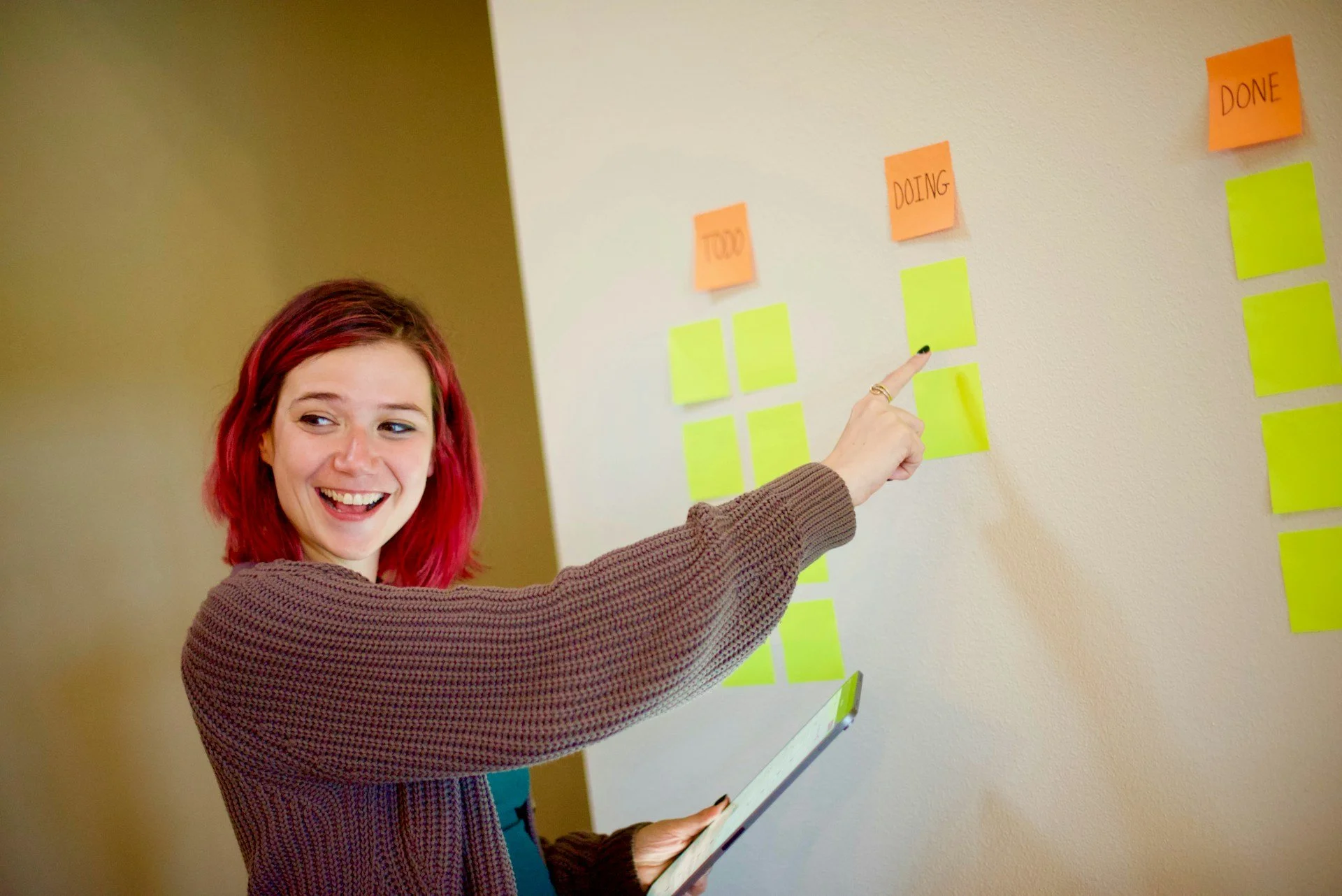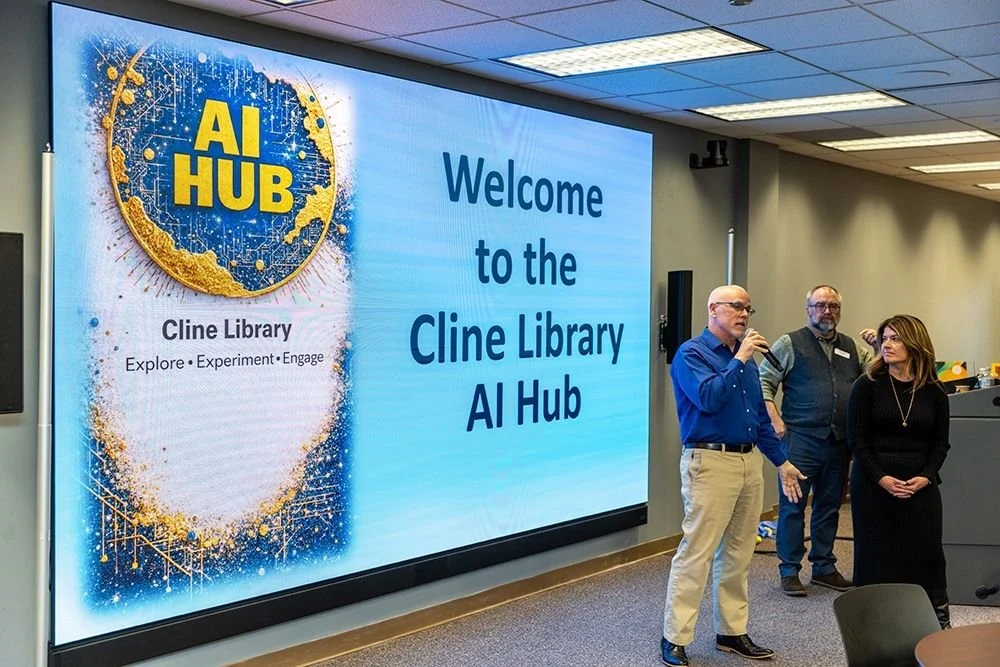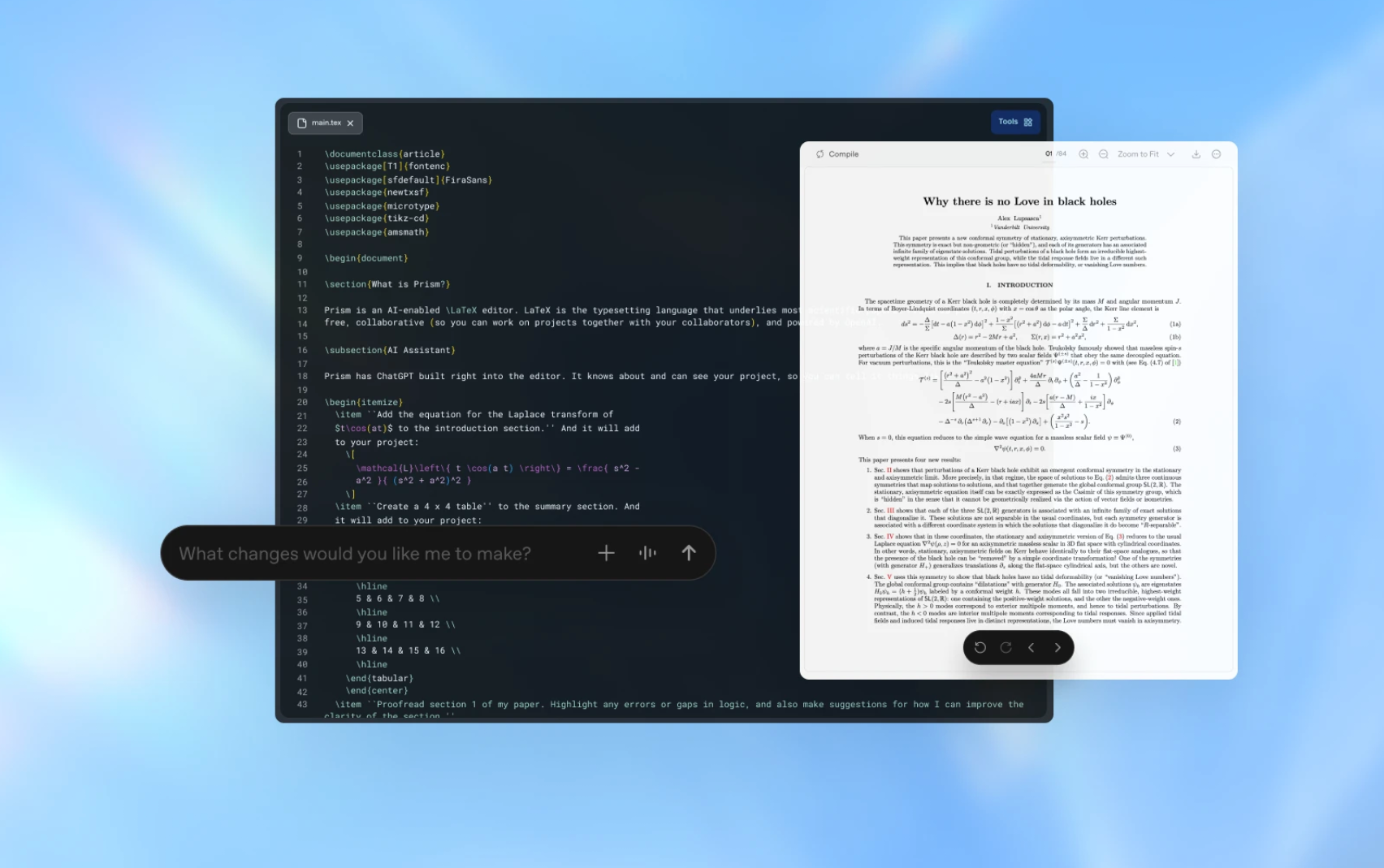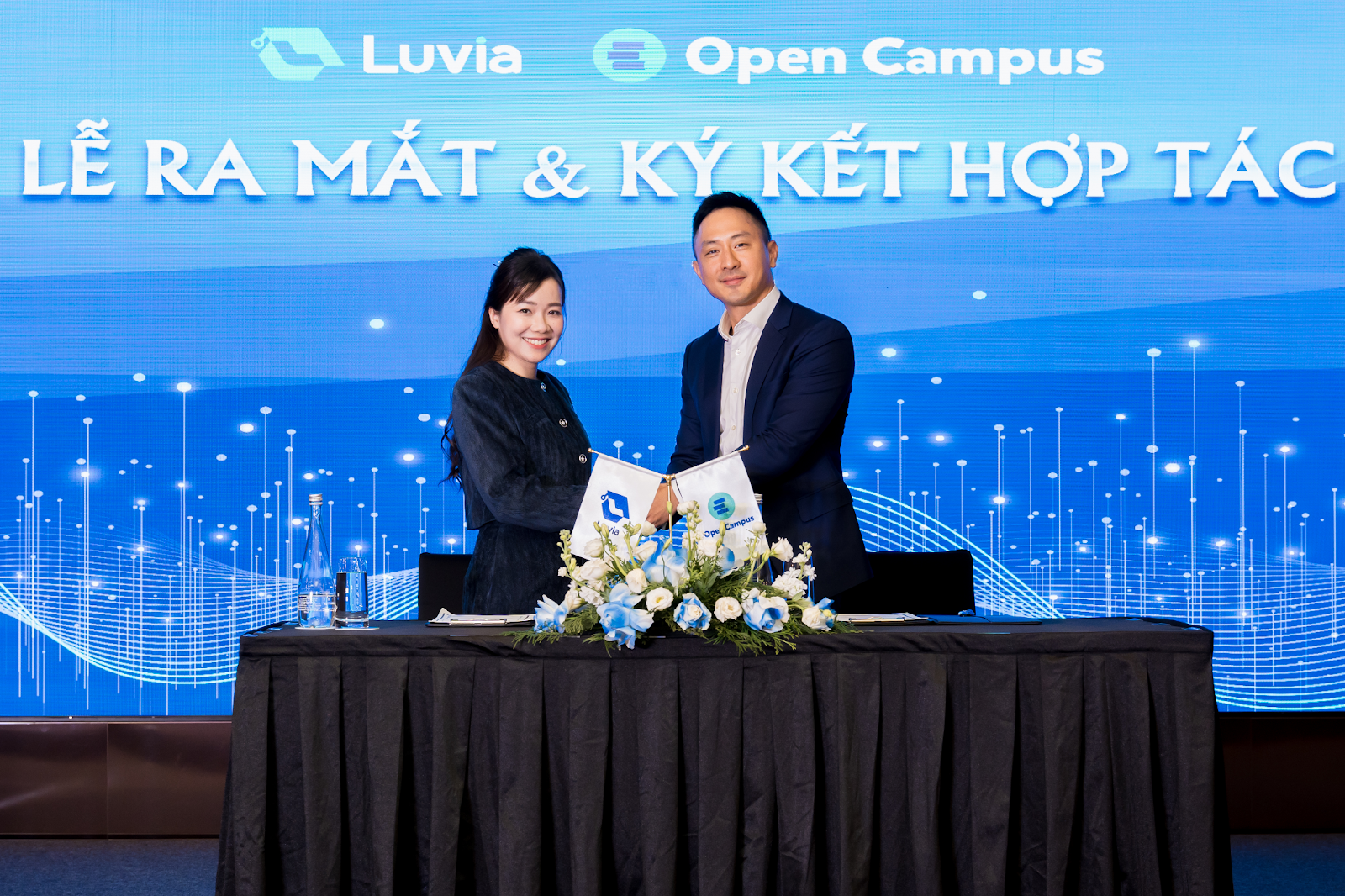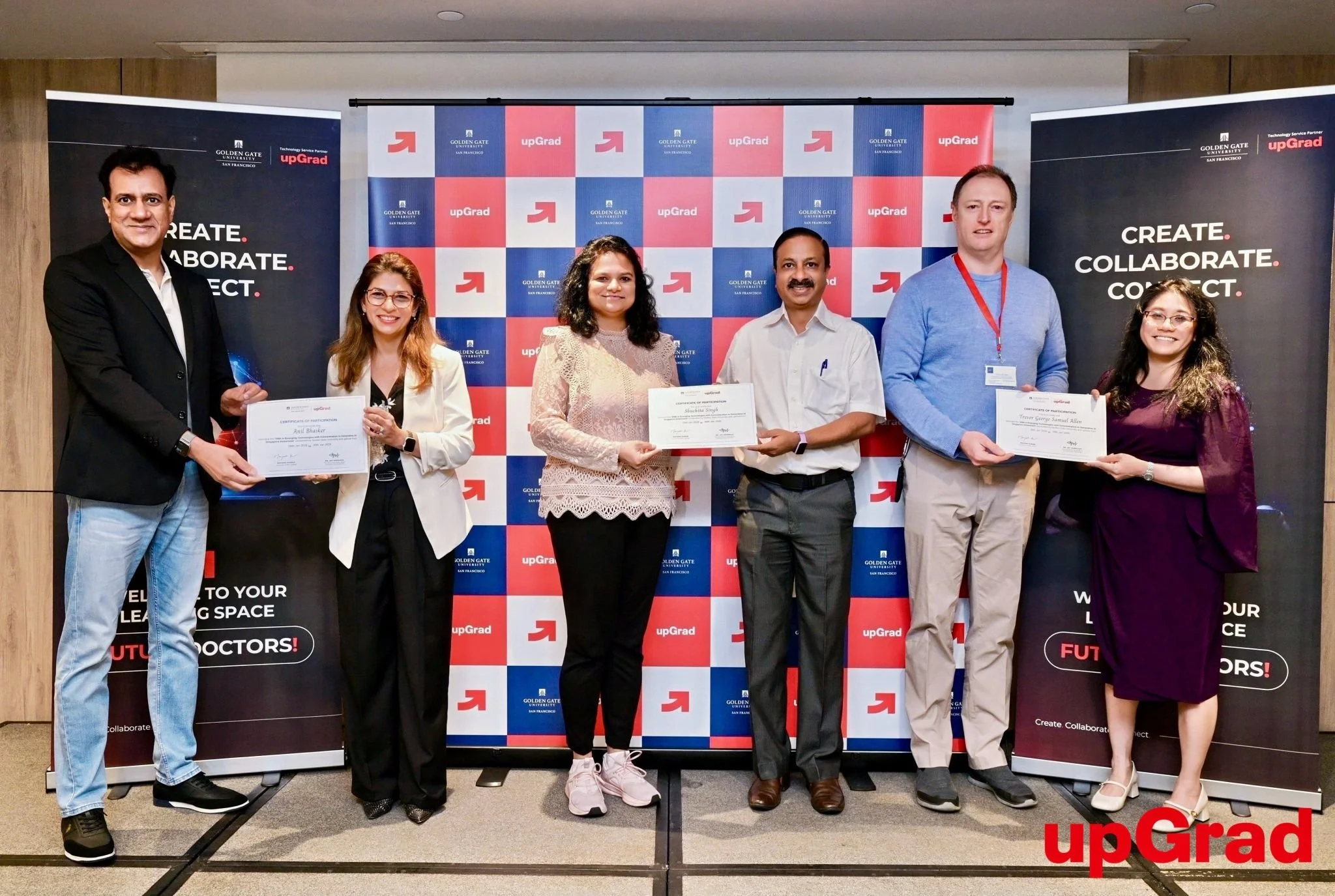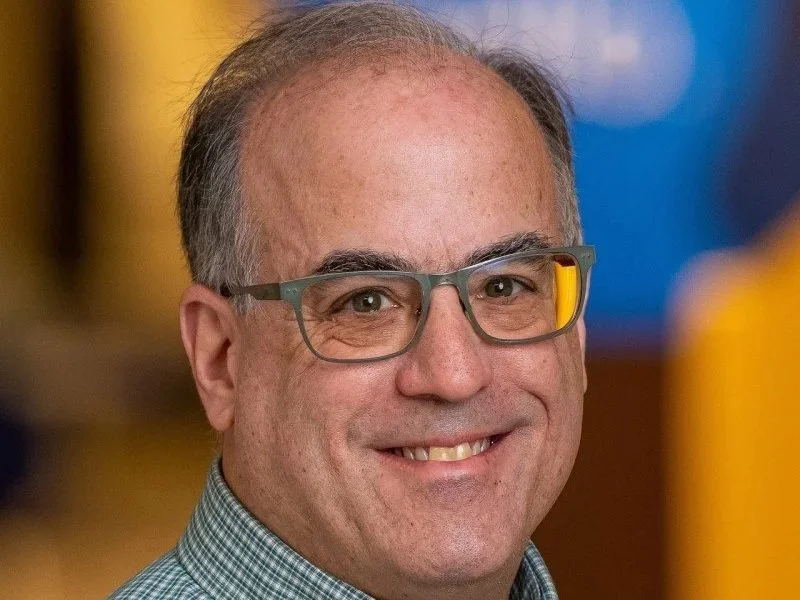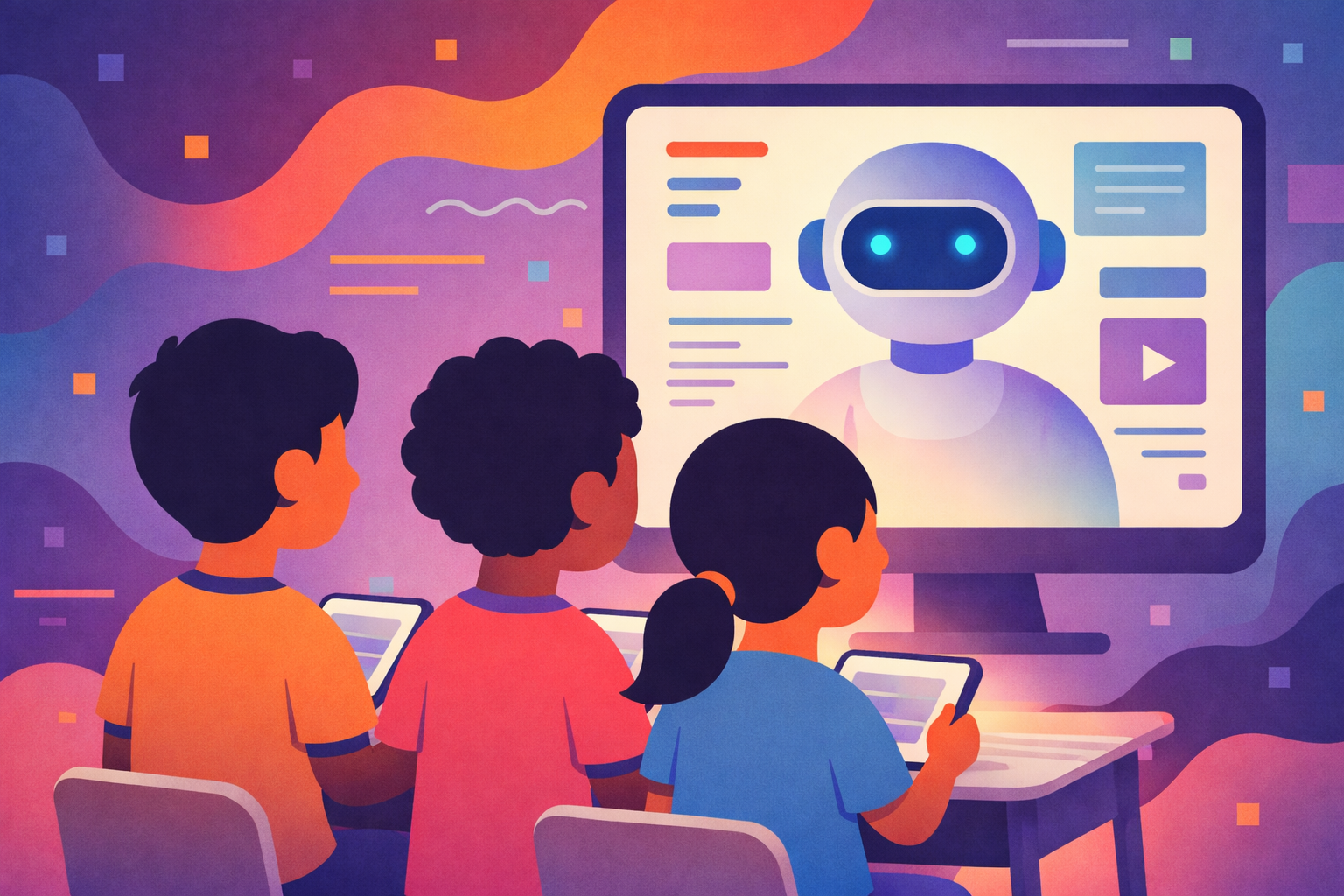Four in ten college students are now over the age of 22, according to new report by Genio
Genio, which provides student learning tools, has shared its New Majority Learner Report 2025, which reveals the “typical” college student has changed dramatically in recent years.

Genio analyzed multiple large data sets, including the Integrated Postsecondary Education Data System (IPEDS) and the National Postsecondary Student Aid Study (NPSAS), to understand the challenges faced by non-traditional students.
It found that more than four in every ten students are older than 22 and almost seven in every ten work whilst studying. The report also reveals that the number of neurodiverse students has increased by more than 2.5 times since 2004.
These students, Genio argues, face three major challenges which affect their ability to succeed in higher education and gain employment post-graduation:
Time constraints - 39.1 percent of students study part-time and 19.2 percent have children. The demands of their home lives leave them little time to attend classes and study.
Lack of preparation - 29.6 percent are first-generation students whom studies show often arrive underprepared for higher education.
Barriers to learning - 25 percent of all students are immigrants and 17.7 percent are learning English as an additional language and 16.5 percent are neurodivergent.
The report proposes a number of strategies to support these students including study skills courses, the use of assistive technology and online learning, specific programs for first-generation students and the use of analytic models to identify at-risk students.
"Especially as higher education faces the coming enrollment cliff and, in the U.S., uncertainty regarding international students, institutions are facing a crisis of revenue," explains Dave Tucker, founder and CEO at Genio.
“They need to find ways to retain more students, which means improving support for their new majority learners. This report draws on extensive data to create a detailed portrait of these learners and their challenges, and it provides higher education professionals with strategies they can employ to increase their academic engagement, enjoyment and success."



